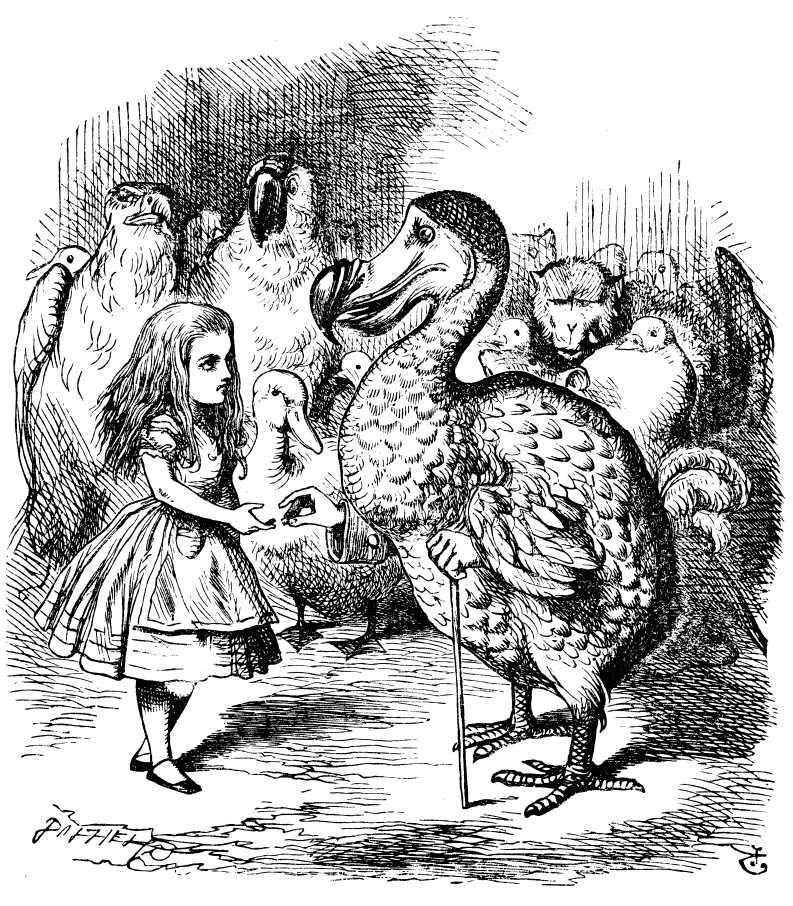
Hippocrates, by Rubens. Image in the public domain
It’s a frequent misconception that the Hippocratic Oath contains the phrase “do no harm”, and that means that doctors can’t do anything that might hurt their patients. But it doesn’t, and sometimes they have to. Primarily the thrust of the Hippocratic Oath, of medical ethics, is not about not hurting patients, but about caring for them. I searched for a modern version of the Hipppocratic Oath, and found this from the BMJ: Swearing to care: the resurgence in medical oaths. Exactly: care, not lack of harm is the relevant focus of the modern declaration.
The WMA Declaration of Geneva (the modern equivalent of the Hippocratic Oath), quoted in the above article, states that:
I will practice my profession with conscience and dignity;
The health of those in my care will be my first consideration;
Yes. Sometimes doctors have to do things that hurt their patients in order to care for them, things that under other circumstances would be considered to be assault. Take my sister, for example. Last Friday she had her jaw broken by medics. Under certain circumstances this would be deemed to be assault, but in this case it was a necessary medical intervention in order to realign her jaw – pain now in order for there to be less pain later.
There’s two things here: first, there’s the question of what makes some actions assault, and others treatment (and some acts rape, and others sex; and some acts murder, and others mercy killing, and so forth); second, there’s the question of how to justify when harm is necessary in the present in order for some future good.
The answer to the first question will have to do with consent – what the wonderful Dudley Knowles used to call the “magic ingredient” in his lectures on social contract.

Scales from Pixabay
The second will be a matter of balance and judgment, and this is where it makes a difference how you view ethics. I think that sometimes codes of ethics are used by institutions and professional bodies as a way of abdicating responsibility (by being explicit about how they will not harm stakeholders they implicitly limit the scope of their ethical duties). I also think that at other times ethics are used by some to claim a supposed moral high ground from whence they can throw stones at those they deem to be failing some ethical code (usually one they pull out of their hat as if by magic). However, sometimes we use ethics in order to determine what ought to be the case, and then it matters which normative theory is in play.
I taught nurses about ethics years ago, and tried to give some relevance to the bare bones of the Kantian and Consequentialist ethics I was required to teach them about, and I still remember a conversation with a consultant who told me that he saw medics’ decision making as a constant conversation between kantian and utilitarian ethical positions, and he thought that was good, because it stopped them from thinking that they always knew the right thing to do. I think that’s a good attitude, for two reasons : first I think (as I tell my current philosophy students when I teach them normative and practical ethics) that the limitations and problems with consequentialism make me reach for duty ethics and vice versa; and second I acknowledge the fact that I can be wrong, and stopping to think things through can stop me from making the wrong judgment.
![Aristotle Copy of bust by Lysippus (Jastrow (2006)) [Public domain], via Wikimedia Commons](http://94.136.40.103/~nomadwarmachine.co.uk/wp-content/uploads/2015/02/Aristotle_Altemps_Inv8575-224x300.jpg)
Aristotle Copy of bust by Lysippus (Jastrow (2006)) [Public domain], via Wikimedia Commons
But there’s another theory of ethics that we can use if we remember to – Aristotelian, or Virtue Ethics. For Aristotle a virtue is the mean between two extremes, and it takes education and practice to become an ethical person. This is an ethics of
care – it is not an abstract judging of the right, or rational thing to do, but it is an embodied practical judgement about the
good thing to do.
So, when you find somebody doing, or saying, something that you think is mean spirited, or misguided, or just plain wrong, the caring, ethical way is not to shout out to the world that you are better than they, but to quietly, gently, do as you would have them do, and hope that they notice. However, as Freire says:
It is one thing to write down concepts in books, but it is another to embody them in praxis. ~ Paulo Freire
There’s an analogy to education here, but that’s a topic for another post.








![Aristotle Copy of bust by Lysippus (Jastrow (2006)) [Public domain], via Wikimedia Commons](http://94.136.40.103/~nomadwarmachine.co.uk/wp-content/uploads/2015/02/Aristotle_Altemps_Inv8575-224x300.jpg)

